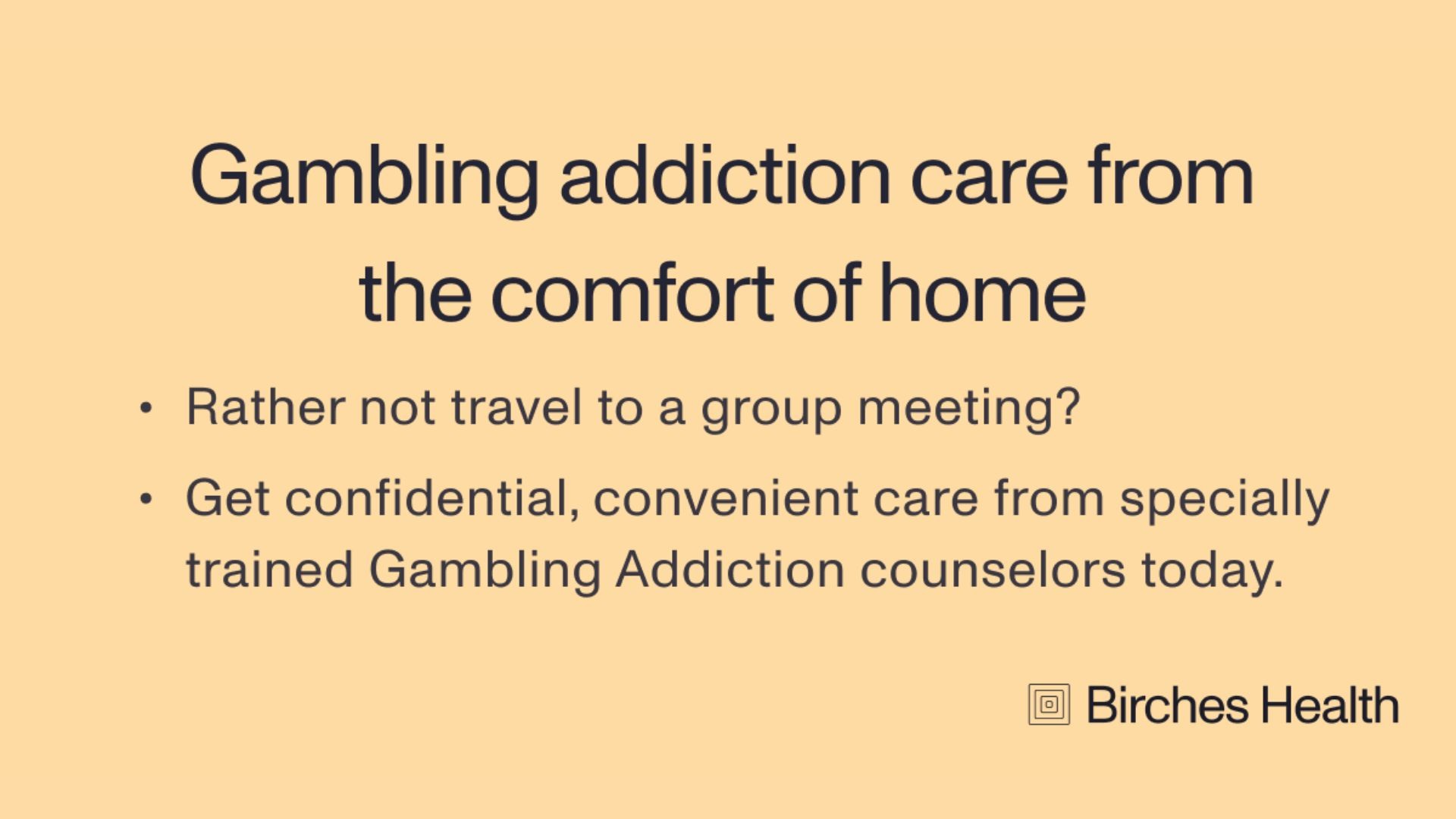Spain mandates tobacco-style addiction warnings for gambling
Published:
Oct 24, 2025
,
05:44 p.m.
ET
In a major shift, Spain’s Ministry for Consumer Affairs has ordered online gambling operators to include addiction risk warnings similar to those found on tobacco products. The measure marks one of the most assertive public health interventions yet in the European gambling landscape.
Spain’s new warning messaging for online gambling products
The updated rules fall under Royal Decree 958/2020, which governs marketing and gambling communications. These regulations require evidence-based messaging across online gaming platforms, advertisements and social media. The familiar “Play Responsibly” tagline will now be replaced with stark warnings, such as: “Gambling addiction is a risk of gambling,” “The probability of being a losing gambler is 75%,” and “Losses for all gamblers are four times greater than their winnings.”
Spain’s Minister for Social Rights, Pablo Bustinduy, announced the measure during a national safer gambling event, emphasizing that prevention should be seen as a systemic duty, not a personal failing. Bustinduy noted that the responsibility should not fall on users, but on authorities who have the duty to ensure safe environments.
These warnings stem from 2024 research conducted by Spain’s Ministry of Health as part of the National Drug Plan, which found that up to 82% of treatment admissions in 2022 were linked to gambling addiction. The updated messaging attempts to confront consumers with hard data and counteract the optimism bias that leads many gamblers to underestimate risk.
Bustinduy also indicated that additional consumer protection measures are under review, including a potential ban on celebrity and influencer gambling ads, as well as restrictions on welcome bonuses aimed at young users, echoing earlier reforms first implemented in 2020.
While Spain’s gambling trade group, JDigital, has criticized the move, arguing that gambling is already among the most regulated industries in Europe, public health advocates see it as a correction that’s been long overdue.
History of sports betting and online gambling in Spain
Spain’s history with gambling regulation stretches back centuries. Early gambling activity dates to the 13th century, when card games like Primero (an early form of poker) became a national pastime.
By 1763, King Carlos III introduced the Spanish National Lottery as a form of entertainment and a means to fund public initiatives. Through the 20th century, gambling alternated between prohibition and regulation, culminating in the 1977 Gambling Act, which legalized casinos, bingo halls and lotteries under state supervision.
The 2011 Spanish Gambling Act marked the modern era, formally regulating online gambling and establishing the Dirección General de Ordenación del Juego (DGOJ) to oversee licensing and compliance. In the years since, Spain has layered on increasing consumer protections, from restricting advertising to banning celebrity endorsements and tightening controls on youth-targeted promotions.
The introduction of tobacco-style addiction warnings represents the latest milestone in this extensive timeline, recognizing that regulation must evolve alongside public health evidence.
More learnings from abroad: Australia
Spain’s move is congruent with Australia’s recent overhaul of responsible gambling messaging. Australia abandoned the long-standing “gamble responsibly” slogan in favor of a rotating set of sharper, research-driven warnings, such as: “Chances are you’re about to lose,” “Think. Is this a bet you really want to place?” “What are you really gambling with?” and “You win some. You lose more.”
These statements were tested for impact and designed to interrupt the illusion of control and the impulse to “chase losses.” The messages are mandated to appear prominently across media, and on radio or television they must be spoken clearly and slowly to ensure full comprehension.
Australia’s approach reframes gambling harm as a systemic issue rather than a personal weakness. Both Australia and Spain are responding to staggering statistics: Australia’s citizens collectively lose an estimated $25 billion annually on legal gambling, the highest per capita loss rate in the world.
By ensuring the message is unmissable, Spain’s move aims to confront consumers with transparent reality rather than reassurance.





